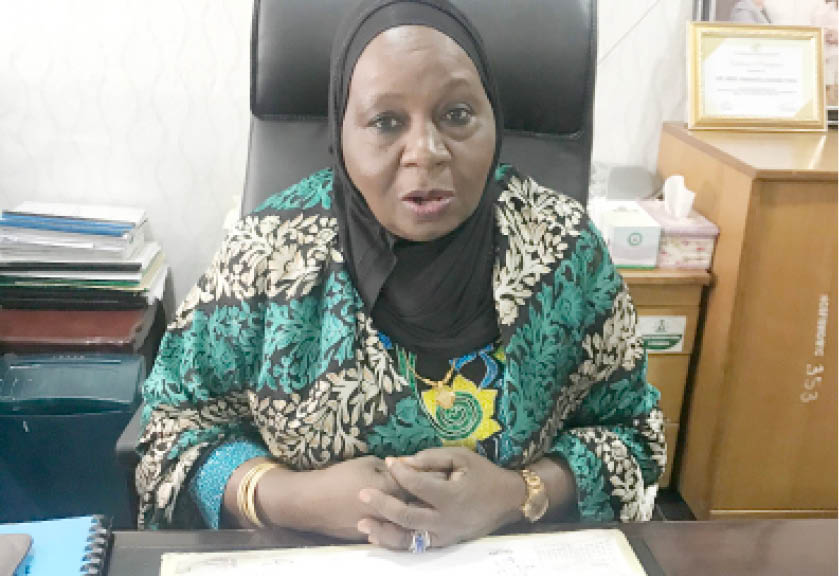Nearly 40,000 public servants now own houses – Fika
Dr. Hannatu Adamu Fika is the Executive Secretary (ES) of the Federal Government Staff Housing Loans Board (FGSHLB). In this interview, she speaks on her 10 years stewardship at the board, Nigeria’s housing deficit and other issues related to the sector. By the end of October, 2019, you will be completing your second tenure […]

Dr. Hannatu Adamu Fika
Dr. Hannatu Adamu Fika is the Executive Secretary (ES) of the Federal Government Staff Housing Loans Board (FGSHLB). In this interview, she speaks on her 10 years stewardship at the board, Nigeria’s housing deficit and other issues related to the sector.
By the end of October, 2019, you will be completing your second tenure as ES of FGSHLB. How far have you gone in addressing the housing challenges among public servants in the country?
When I was posted to this place, I met an institution that was not too functional, though it was key to the development of public servants, especially when it comes to welfare matters. So I had this challenge given to me by the then Head of the Civil Service of the Federation (HoS), Alhaji Yayale Ahmed, to transform the board. He gave me the mandate to make the Federal Government Housing Board an envious institution of the public service; where many people will look forward to coming to become Chief Executive Officers (CEOs).
When I came, the data of people who had received loans was not there, and by the time I’m going to exit, I have ensured that I established a data of those who have benefited from the Federal Government staff housing loan from the first person in 1952 to those who are going to get this loan this October. So, why did I develop interest in data? You know that data is a useful tool in measuring the impact of government and its policies. If as a government we say the Federal Government has done a lot in welfare of the public servants, we need to prove it by the data we have. That is why at FGSHLB, data is a very important tool.
Apart from that, when I came on board, the number of public servants that received loans was very negligible. In fact, there were quite a number of public servants who didn’t know where the location of the board was, but today, I can proudly say that we are nearing 40,000 public servants who are proudly owners of their own homes.
What about the renovation loan package?
We came up with it to address renovation challenges among public servants; where at most there is the ceiling of N1m that we access from the Federal Mortgage Bank of Nigeria (FMBN) on behalf of public servants. It is disbursed as loan to public servants to be repaid in four years. We have accessed more than N2.4bn from the FMBN which we have given to public servants and it has served as a motivating factor, because hitherto, public servants complained that FMBN was deducting from their salaries and they didn’t see anything.
With the 40,000 public servants that have benefited from the board’s loan, would you say the housing need of Nigerian workers has been met?
No; it’s grossly inadequate, but we know that we have to operate within the little resources that are available to us. I have said it times without number that even if you give FGSHLB the annual budget of Nigeria, it will not be sufficient because of the housing need of federal public servants.
Do you mean N10.3tn won’t be enough to address the housing need of public servants alone?
Yes; it will not be sufficient because if you take the entire public service, including the military, police, tertiary institutions and so on; everybody who receives salary from the Federal Government of Nigeria, is supposed to access loan from the board. The amount needed to meet the housing need is enormous.
With your experience in the housing sector, how do you think the housing deficit of the country can be addressed?
First and foremost, I can proudly say that in Nigeria today we are doing a lot in the area of addressing the housing need of our population. You know the issue of housing deficit is not peculiar to Nigeria; it’s a global challenge.
We are looking forward to a day when the Central Bank of Nigeria (CBN) will come up with a policy for banks to give single-digit loans to private developers who are really into housing so that houses can be affordable. This will enable those who are into construction of houses to have sufficient funds to build the houses, and then it will be accessible to Nigerians who are desirous of owning homes.
